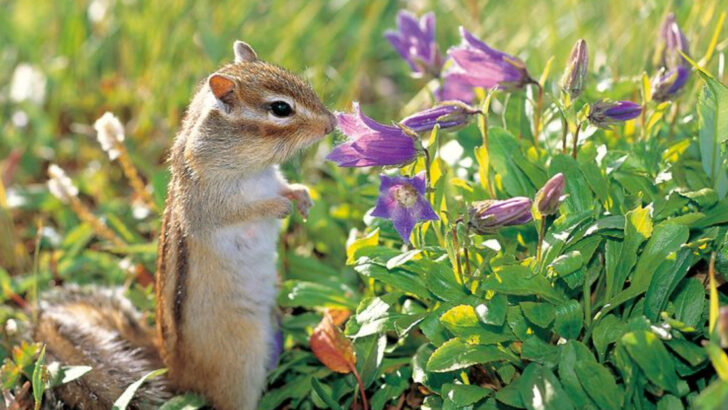Squirrels and chipmunks might look cute bouncing around the yard, but they can quickly become a real headache when they start digging up gardens or nesting where they shouldn’t. If you’ve been dealing with chewed wires, missing bulbs, or half-eaten veggies, you’re definitely not alone.
The good news is, there are a few scents that these little guys really don’t like. You don’t need harsh chemicals or complicated traps—just some everyday smells that send a clear message: this space is off-limits. Knowing what works can help you keep things under control without making a big fuss.
Peppermint Oil
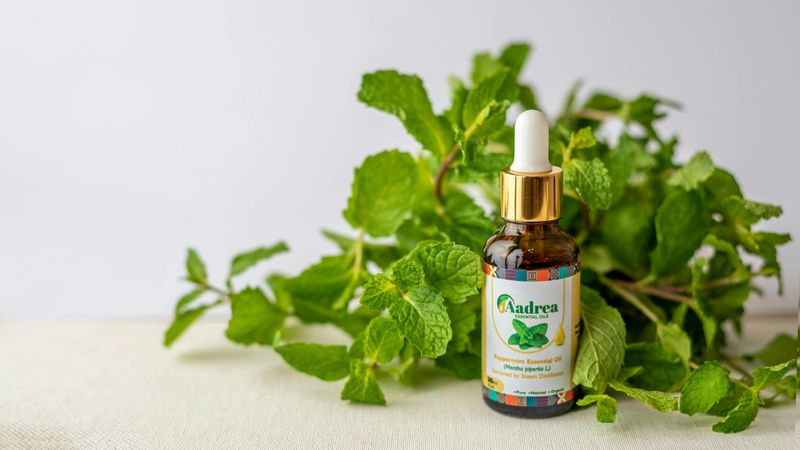
The invigorating aroma of peppermint oil is not just refreshing for humans; it’s a surprising repellent for squirrels and chipmunks. Simply soak cotton balls in peppermint oil and place them strategically around your garden. You’ll find this method not only deters the critters but also leaves your garden smelling fresh and minty. This approach requires regular reapplication, especially after rain. Ensure to monitor the placements, refreshing them to maintain their potency. Embrace this natural and aromatic solution to keep those persistent visitors away from your cherished plants.
Lavender
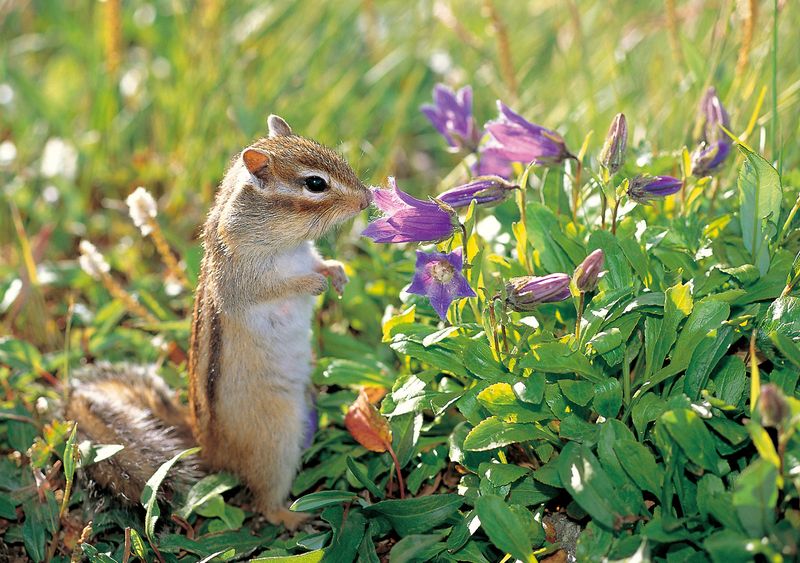
Lavender not only delights humans with its calming scent but also confounds squirrels and chipmunks. The strong floral aroma disrupts their keen sense of smell, making gardens less appealing. Planting lavender is a natural, aesthetically pleasing deterrent to these furry intruders.
Consider placing dried lavender sachets in areas where these animals frequent. This versatile herb thrives in sunny spots and can be used to create a fragrant barrier around plants. Easy to grow and maintain, lavender brings beauty and function together.
Fun fact: Lavender was used in ancient Egypt for mummification due to its aromatic properties.
Cayenne Pepper
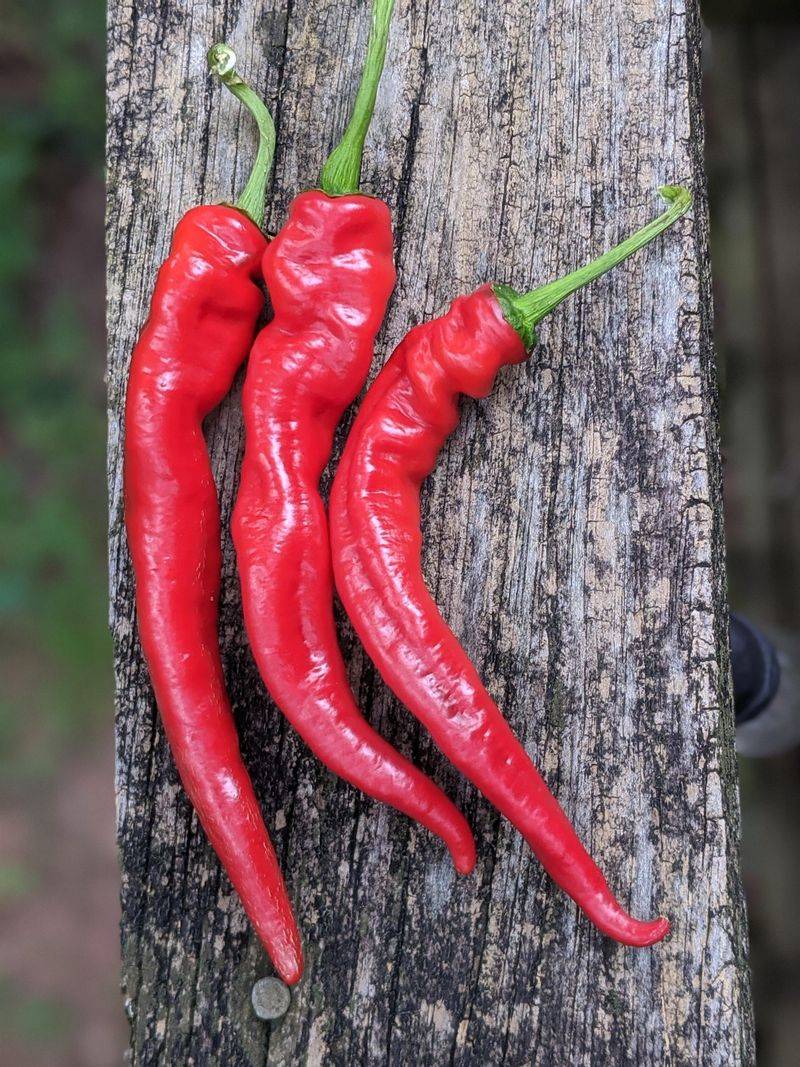
Cayenne pepper’s fiery kick is a powerful natural deterrent that keeps squirrels and chipmunks at bay. Sprinkle the powder generously around your plants and garden beds. It’s a straightforward tactic that disrupts these critters with its pungent scent and spicy touch. Be cautious though, as it might also affect other animals and even your pets. Regular application is key, especially after watering or rainfall. This simple yet effective method ensures your garden remains a no-go zone for these pesky intruders.
Rosemary
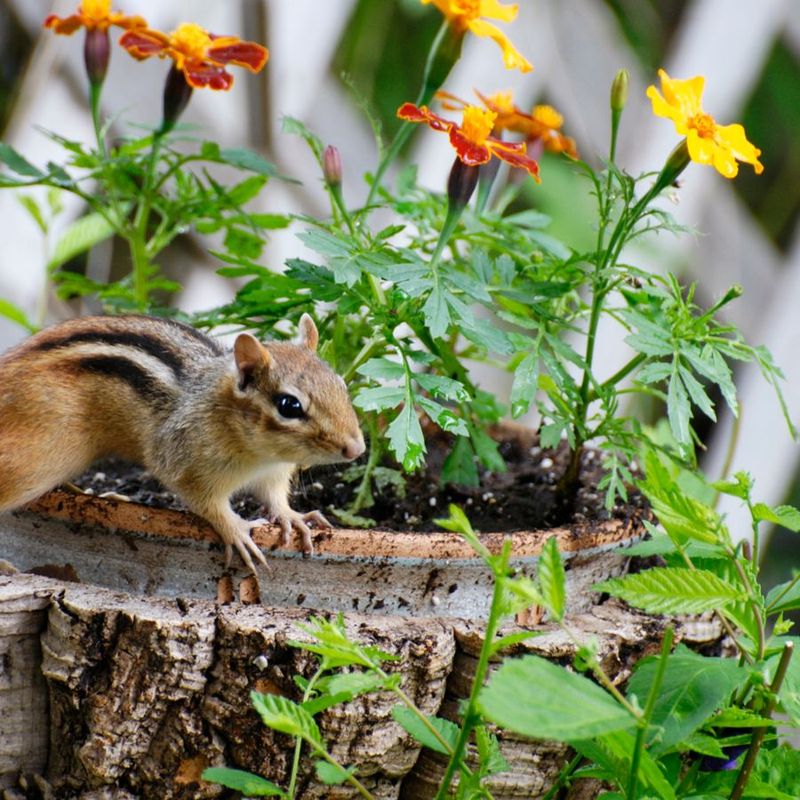
Rosemary’s robust aroma serves as more than just a culinary delight; it effectively masks the scents that attract squirrels and chipmunks. This aromatic herb can be strategically planted to protect vegetable patches and flower beds.
In addition to planting, consider using rosemary essential oil. Dab it on cotton balls and place them in problem areas. Rosemary’s hardiness and evergreen nature make it ideal for year-round protection.
Notably, rosemary symbolizes remembrance, and its use dates back to ancient times when it was used for warding off evil spirits.
Garlic
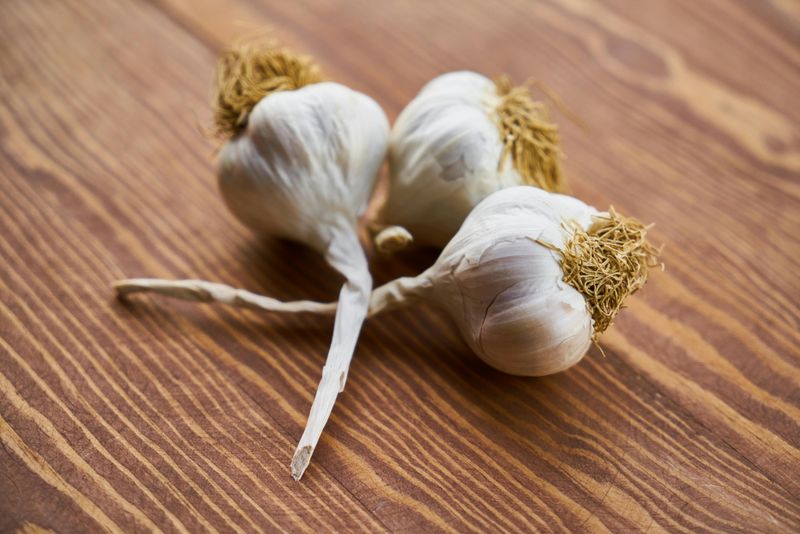
Garlic’s potent odor acts as a strong repellent, making it an excellent choice for guarding your garden against squirrels and chipmunks. Crush fresh garlic and mix with water to create a spray. Apply this blend to plant leaves and around garden perimeters. The sharp smell is off-putting to these creatures, reducing their visits. While garlic’s aroma fades over time, reapplication ensures continued effectiveness. This natural remedy is not only eco-friendly but also an economical way to protect your green space.
Cloves
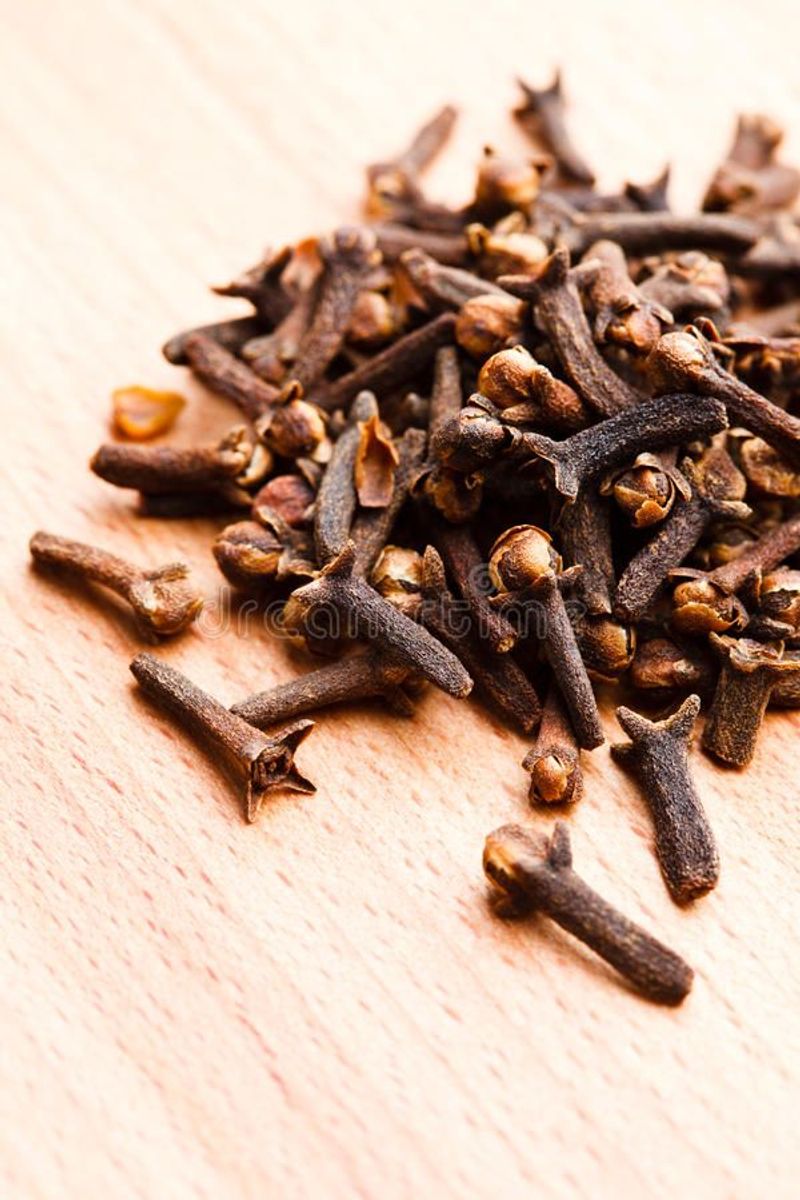
Cloves offer a spicy, warm scent that squirrels and chipmunks find off-putting. Their powerful fragrance acts as a natural barrier when sprinkled around gardens or mixed into potpourri. Unlike synthetic repellents, cloves provide an eco-friendly approach to pest control.
For best results, grind cloves and mix them with water for a spray solution. This can be applied to garden beds and outdoor furniture.
Did you know? Cloves have been used in traditional medicine for centuries and were once worth their weight in gold due to their preservative qualities.
Vinegar
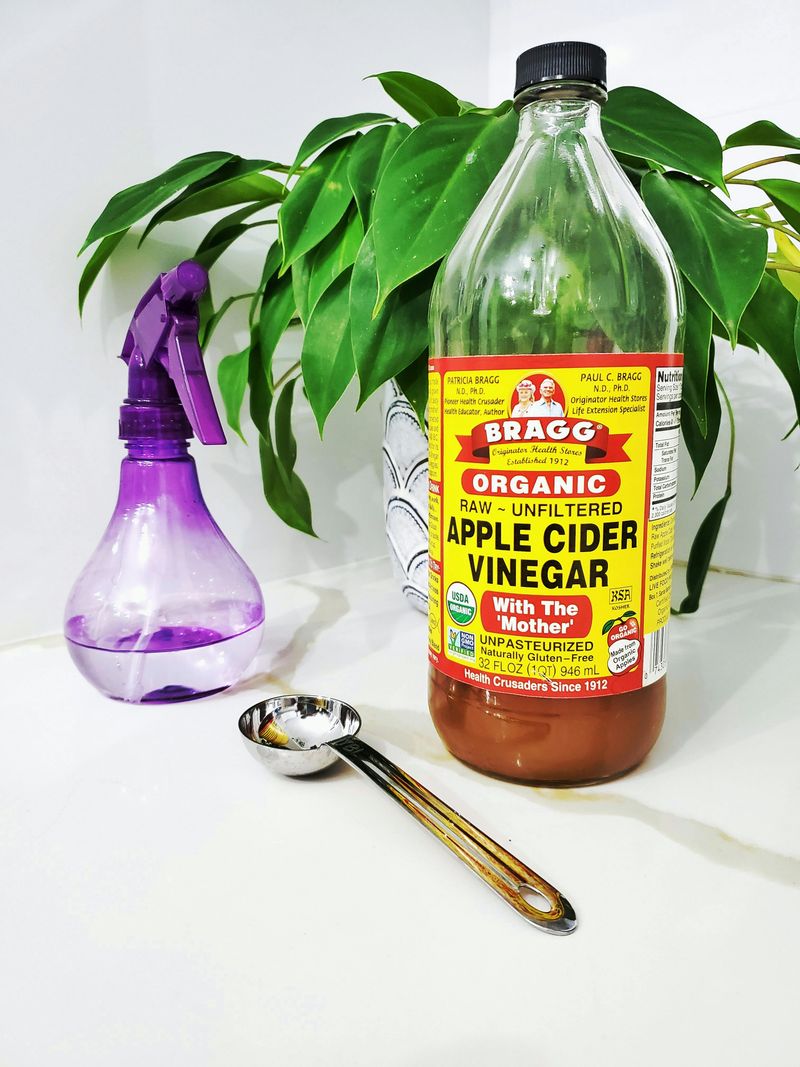
The sharp scent of vinegar is another natural adversary to squirrels and chipmunks. Simple to use, just soak rags or sponges in vinegar and place them in areas frequented by these critters. The smell is quite displeasing to them, driving them away without causing harm. Regularly refreshing the vinegar application is necessary to keep its repelling properties intact. This cost-effective method ensures your garden stays a squirrel-free zone while maintaining the ecological balance.
Cinnamon

Cinnamon brings warmth and comfort to homes, but its strong scent is a deterrent to squirrels and chipmunks. Sprinkling ground cinnamon in gardens can create an aromatic shield against these critters.
Its versatility extends to indoor use, where cinnamon sticks can be placed near entry points to deter unwanted visitors. This spice doubles as both a pest repellent and a delightful home fragrance.
Cinnamon’s history is rich, having been used in ancient trade routes and as a prized spice in various cultures. Its dual-purpose nature makes it a valuable addition to any pest control strategy.
Coffee Grounds
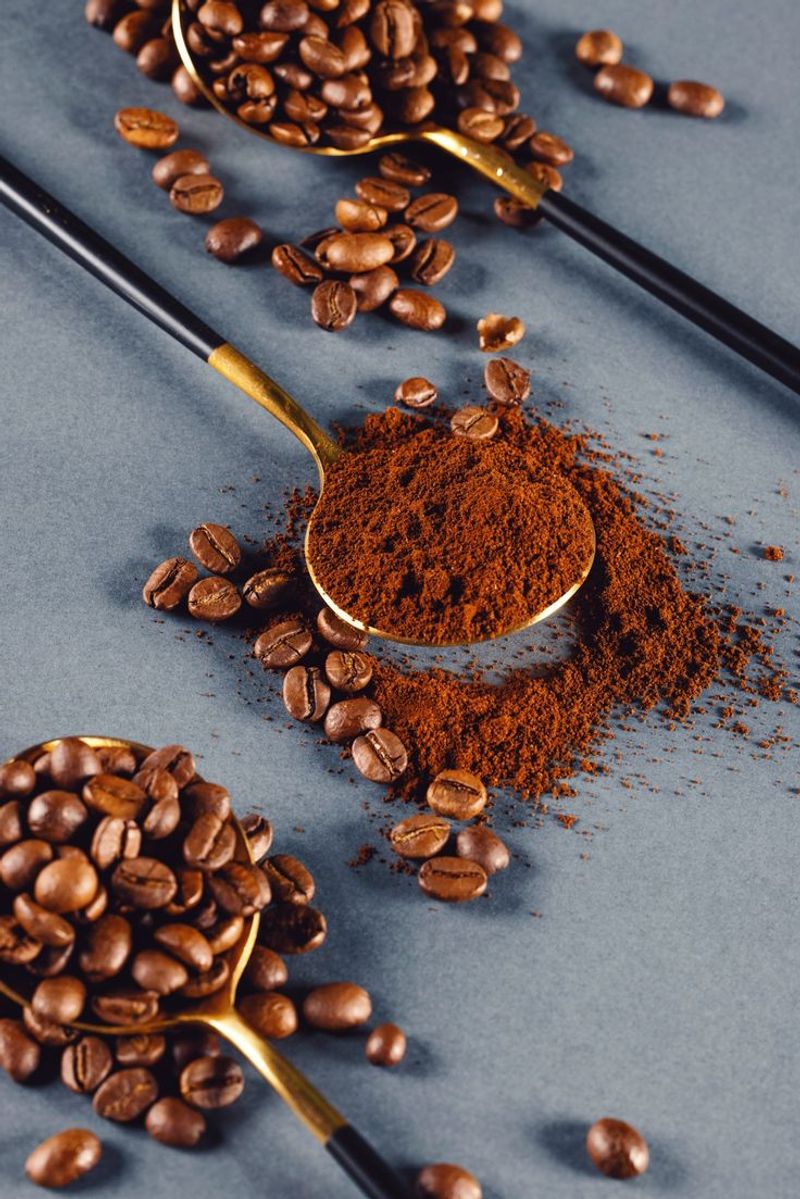
Used coffee grounds serve as a dual-purpose garden addition: enriching soil and deterring small rodents. Their strong scent is unappealing to squirrels and chipmunks, making them think twice before visiting. Spread the grounds around your garden beds and plants to create an aromatic barrier. This eco-friendly approach not only benefits your garden by improving soil quality but also naturally keeps pests at bay. Regular replenishment of coffee grounds ensures lasting effectiveness and keeps your garden thriving.
Citrus Peels
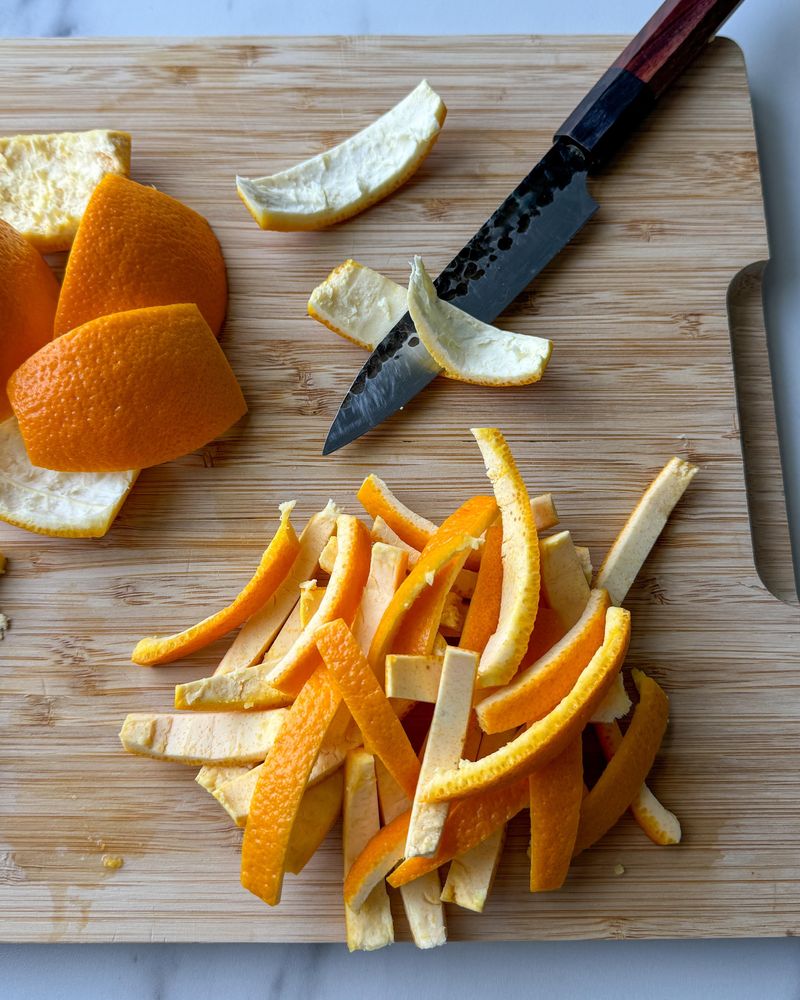
The zesty aroma of citrus peels can deter squirrels and chipmunks from invading your garden. Scatter peels of oranges, lemons, or limes around your plants. The fresh scent is pleasant to humans yet repugnant to these critters. As the peels decompose, they also enrich the soil, providing added benefits to your garden. Regular addition of fresh peels maintains the deterrent effect. This method is a simple, effective way to protect your garden without resorting to harmful chemicals.

